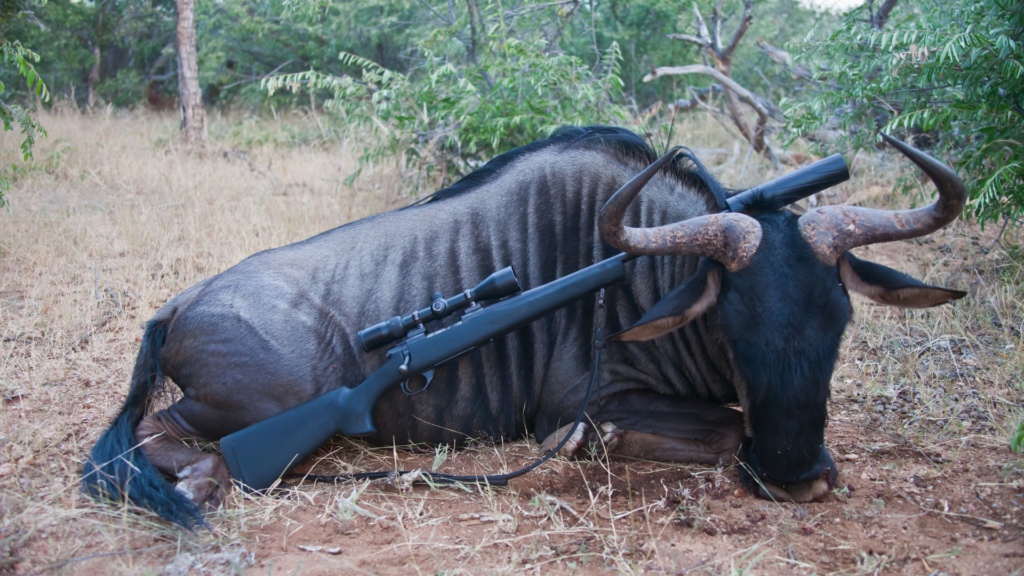A ban on the import of hunting trophies has found opposition from a surprising place: the Belgian World Wildlife Fund (WWF).
Belgium became the third country (after the Netherlands and France) to oppose the trade in hunting trophies last month, despite the ban getting unanimous support from Belgium's Chamber of Representatives.
The WWF-Belgium also doesn't favour the ban, reports De Standaard. And in spite of international efforts to clamp down on illegal hunting, several African countries and the European Commission are less enthusiastic about an outright ban on importing the trophies. Yet this seemingly counter-intuitive position is not without conditions.
In the name of science
According to the European Commission, well-managed trophy hunting can have benefits for biodiversity. The WWF agreed: “The import of hunting trophies is not a priority at the moment, poaching and climate change are,” said Koen Stuyck of WWF-Belgium.
“We are not in favour of trophy hunting, but we think it should be allowed in rare cases on the condition that it is scientifically substantiated and meets strict conditions.”
The European Hunting Alliance (FACE) posits that a ban would lead to more ecological and economic instability in African countries. These sentiments are echoed by the IUCN (International Union for Conservation of Nature).
Only the animal welfare organisation Animal Rights is in favour of a strict import ban.
Belgian Council of State rejects ban
Belgium’s ban on importing hunting trophies was rejected by the Council of State, which deferred to the European Commission for a final decision. For their part, the Commission hasn't shown great zeal to pursue such a ban. Members of Parliament have called on Minister of Sustainable Development Zakia Khattabi (Ecolo) for a resolution. Khattabi has not yet expressed an opinion on the matter.
Dialogue took place at a conference organised by interest groups for hunters, wildlife and safari parks in Brussels on Monday, with opponents of the ban echoing economic concerns for communities in African countries.
Related News
- Lion population halved since release of 'The Lion King'
- Year of the Tiger marks reverse in species decline for first time
“Hunting and nature conservation are of particular concern to Namibia and Africa,” said Pohamba Shifeta, Namibia's environment minister.
“Countries that ban the import of hunting trophies on their own do not help nature conservation in Africa. On the contrary, local communities risk losing income.”
The ambassadors of neighbouring Botswana and Tanzania agreed with the Namibian minister, calling for political decisions to be based on science rather than emotion.
“Hunting is more than killing animals. It is a scientifically based way of guaranteeing the preservation of wildlife and nature,” they said.
Jorge Rodríguez Romero, a senior EU official, also voiced support: “We believe that well-managed trophy hunting can have benefits for biodiversity and local communities.”

